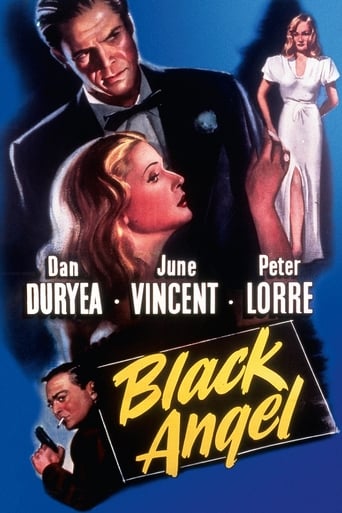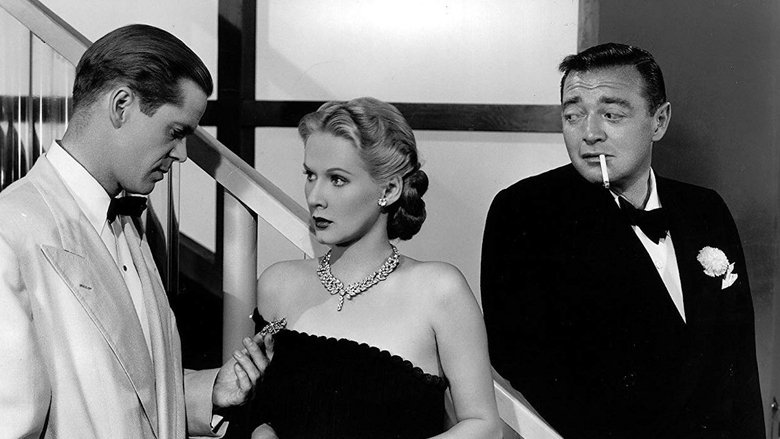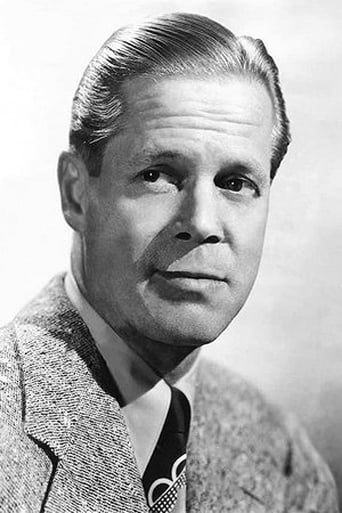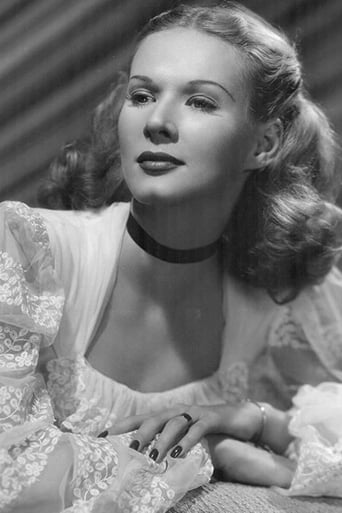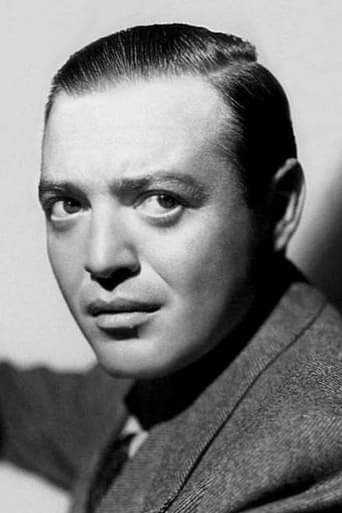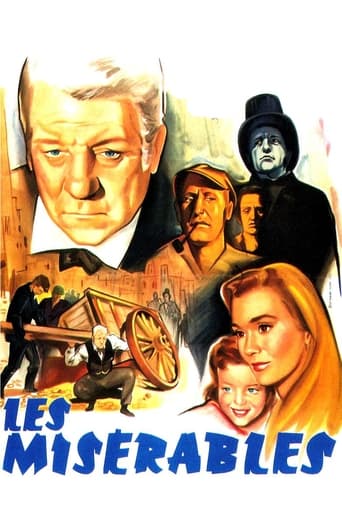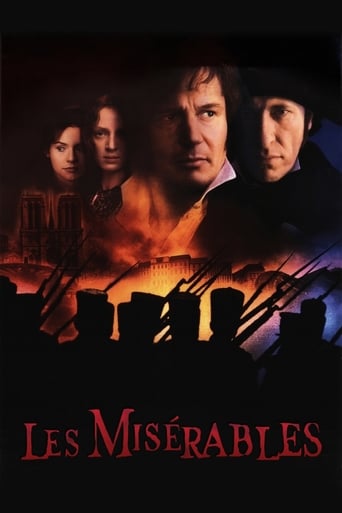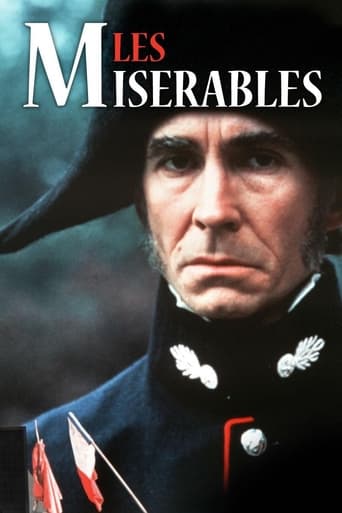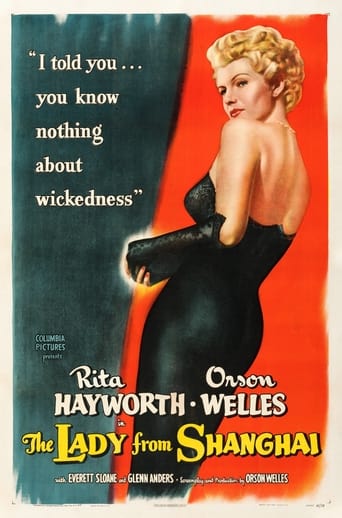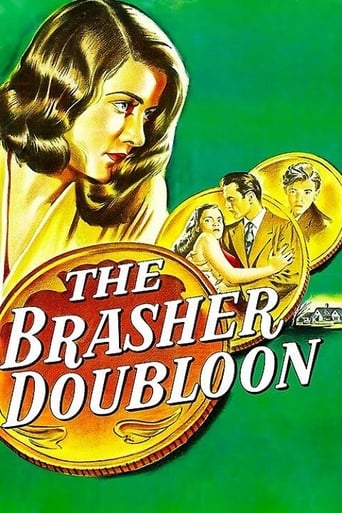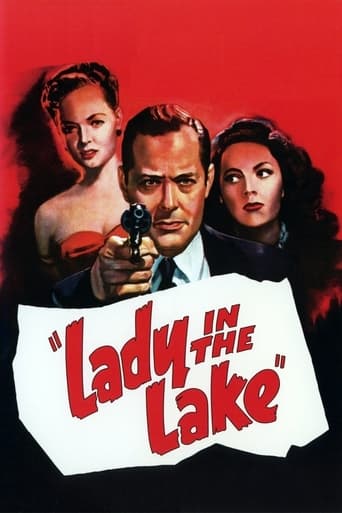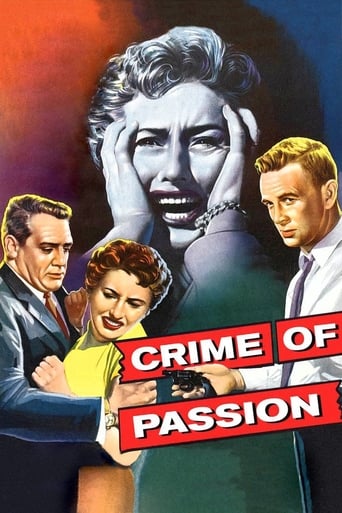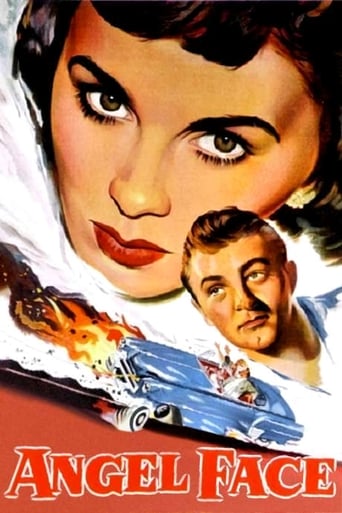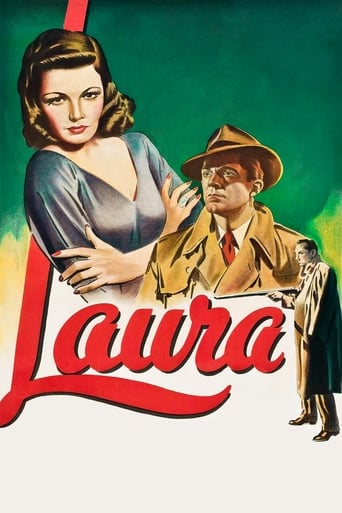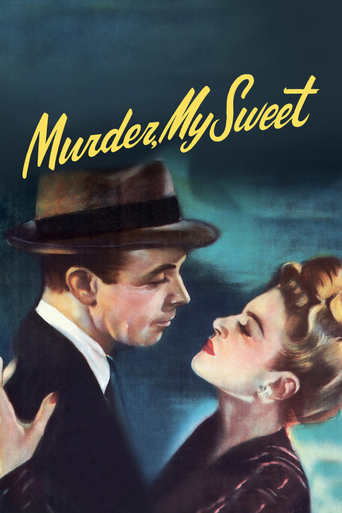Black Angel (1946)
A falsely convicted man's wife, Catherine, and an alcoholic composer and pianist, Martin team up in an attempt to clear her husband of the murder of a blonde singer, who is Martin's wife.
Watch Trailer
Cast


Similar titles
Reviews
Admirable film.
The storyline feels a little thin and moth-eaten in parts but this sequel is plenty of fun.
Through painfully honest and emotional moments, the movie becomes irresistibly relatable
The thing I enjoyed most about the film is the fact that it doesn't shy away from being a super-sized-cliche;
'Black Angel' is probably closest the magnificent character actor Dan Duryea got to be to a leading man. And that is probably the only reason to actually watch that film. Not because it is totally bad. No, on the contrary, it is too mediocre. Well directed and well paced, with good acting (besides Duryea there is Peter Lorre - another great sleazeball of old Hollywood), but the film misses the real punch. The story goes pretty predictable in half the movie, but still it is entertaining to watch these two greats - Duryea and Lorre - to match their wits.
I first saw Duryea long ago in Ministry of Fear where his bit dialing a phone number with a pair of scissors got my attention, and over the years his bad boy characters enlivened many a film. While not a deliberate scene stealer, he had a presence that took the spotlight away from the stars he supported, such as in the riveting final scene of Criss Cross. But in Black Angel HE is the star and that's what makes this film special. We first meet him at his worst, drunk and disorderly, a man drowning his sorrows after being dumped by his gorgeous, nasty wife, who has since been murdered. But when Duryea meets June Vincent, he shapes up and love blooms. We root for Vincent and Duryea to find the murderer so Vincent can divorce her cheating husband, marry Duryea, and live happily ever after in her cozy home in the suburbs of L.A. How very likable and nice are Vincent and Duryea. And how nice it is that neither of these likable people, mutually attracted as they are, acted on their feelings which, kept in check by the demands of sleuthing, are simmering just beneath the surface. However, the film's attempt to blend the story of a drunk reformed by love with a murder mystery does not quite succeed. But the schizophrenic screenplay does give Duryea the opportunity to deliver a star turn and he gives a dynamite performance. Black Angel is not considered a classic by the cognoscenti, but it's numerous virtues make it worthy of repeat viewing, especially when you're in the mood to spend quality time with Duryea and company.
Seeing this referred to so often as a "noir" raises the question, "What does 'noir' mean?" Usually it suggests a despairing mood, stark lighting and odd camera angles, and a femme fatale. I think that's what the Frogs originally had in mind. But using those criteria rules out films like "Black Angel." True, it was released in 1946, is in black and white, stars Dan Duryea, and involves a deadly serious search for a murderer, but that's about it. If our definitions get too generous, then Charlie Chan movies wind up in the "noir" category too.Roy William Neal, the proficient director who gave us a couple of Universal's Sherlock Holmes, has given us a straightforward murder mystery that lacks a lot of tension because of its weak structure -- Peter Lorre is in this, why? -- and an ending that is a variation on the "it-was-all-a-dream" climax, only in this case a nightmare. I have no idea who or what the title, "Black Angel", refers to. All the women here are perfectly normal. But I suppose there had been a successful "Blue Dahlia," "Black Dahlia", "Blue Gardenia," and "Fallen Angel" -- so, why not? Whatever happened to gardenias, by the way? You never hear about them anymore.I'd never heard of June Vincent, the girl in the case, but whatever her acting talents, she has an admirable bosom. I kind of like Dan Duryea too. If his acting range and this role were part of a Venn diagram there would be considerable overlap. He's not his usual woman-slapping cad, but his whiny voice projects a weakness that fits the character. I also rather like him because he was a graduate of the same college I attended. (Well, what the hell.) There's no particular reason to get into the plot. Duryea and Vincent team up to find out the real murderer of Duryea's wife -- before Vincent's husband is executed after having been mistakenly convicted of the crime. There's nothing shameful about the film. Everything in it is pretty routine.
The main things that personify the film noir genre are dark atmospheres and even darker characters. This film features shady examples of both; but neither is dark enough, which makes Black Angel very disappointing. The film is short at only eighty minutes and obviously didn't have a lot of budget; so as a result the plot is rather thin. We focus on the death of a woman and a man she was blackmailing; who gets blamed for her murder. His wife doesn't believe he did it and so sets out to prove his innocence; enlisting the help of drunken barfly and husband of the murdered woman along the way. June Vincent takes the starring role; but never really convinces as a femme fatale, and this brings the film down. She stars opposite Dan Duryea, who isn't particularly gritty as the leading man; and Peter Lorre, who is rather wasted. This film is directed by Roy William Neill; who is best known for his Sherlock Holmes films. This was actually Neill's last feature film before his death later in 1946; and it's disappointing that such a great director couldn't have gone out with something better. The main problem is certainly the plot; which never gets out of first gear and constantly fails to get the audience involved. Overall, this is a disappointing noir effort and I'd only recommend it to completists.

